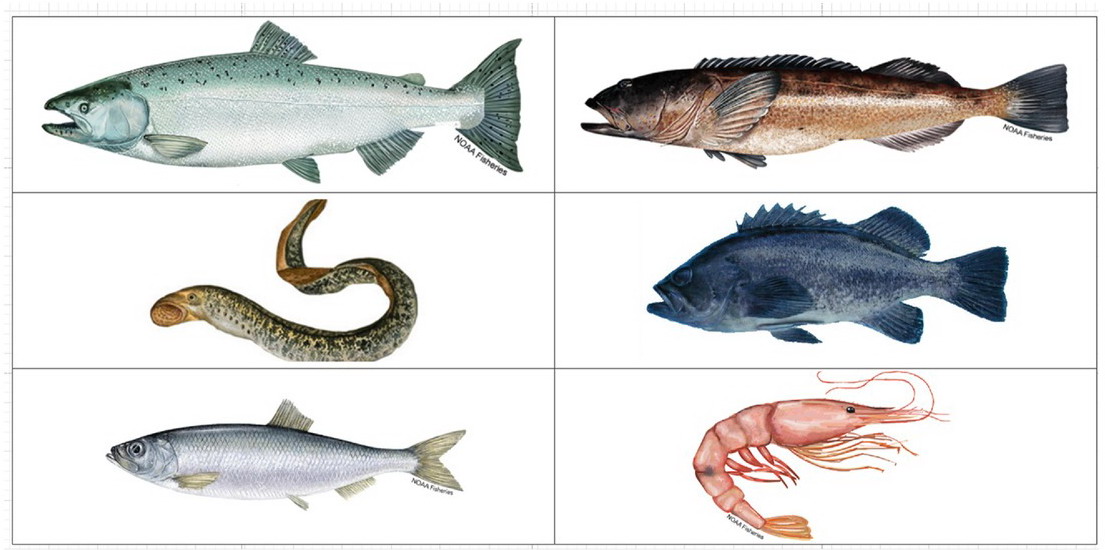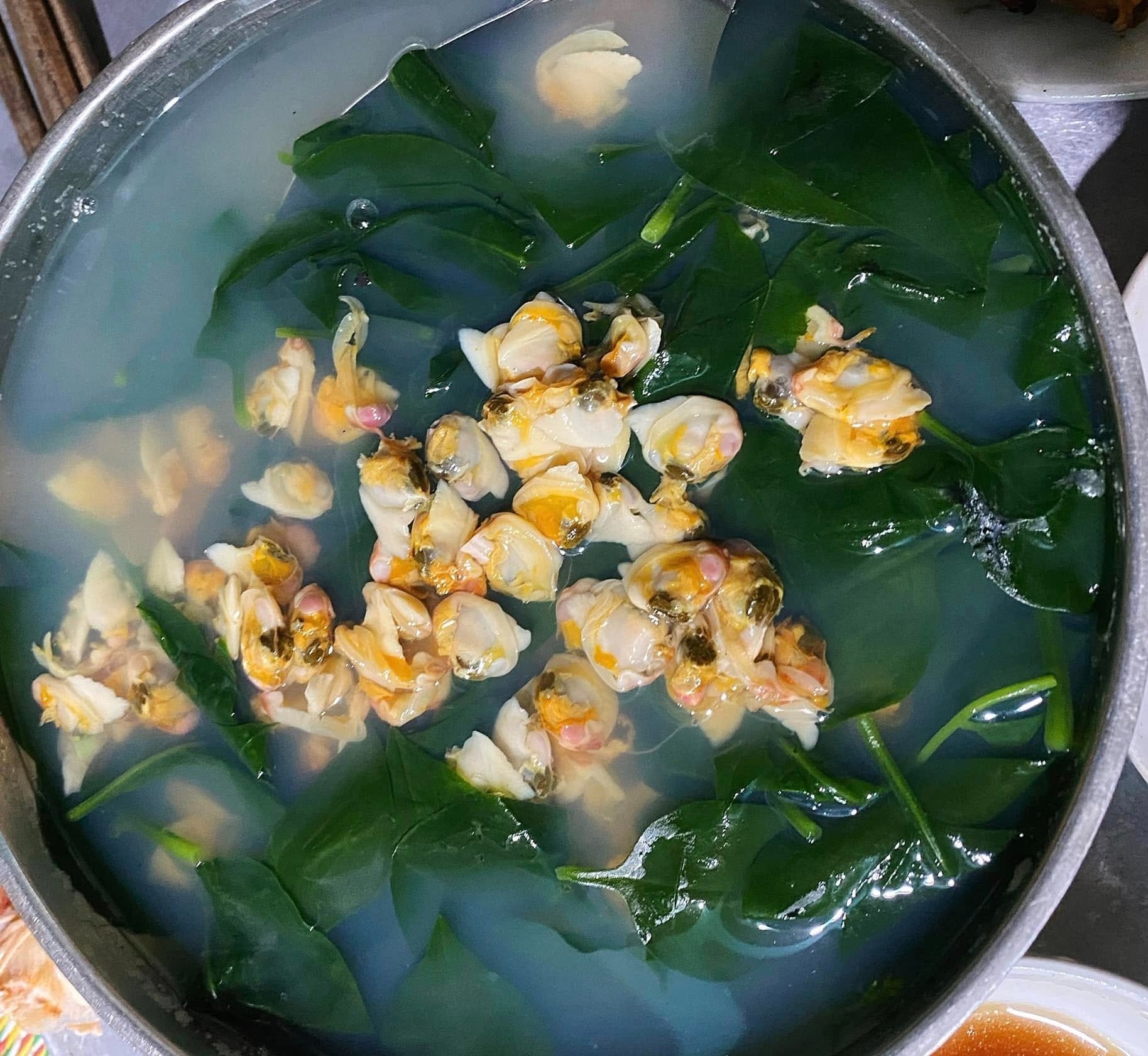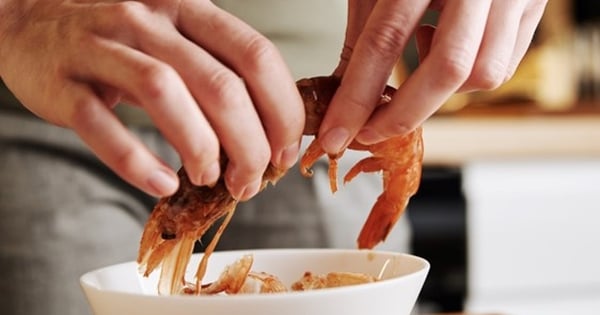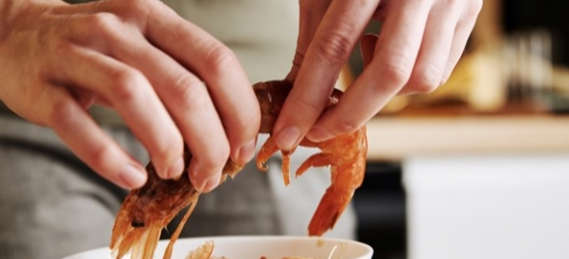
Shrimp and fish species in the study
FRONTIERS SCREENSHOT
The Guardian newspaper on February 3 cited a study in Oregon (USA) showing that microplastic pollution is very common in seafood samples, strengthening evidence of the prevalence of these dangerous substances in the food system and a growing threat to human health.
A study conducted by experts at Portland State University and the University of Oregon found microplastics in 180 out of 182 seafood samples purchased from a store or a fishing vessel in Oregon, a rate of 99%. The highest levels were found in pink shrimp.
The researchers also determined that the most common type of microplastic was fibres from clothing or textiles, accounting for more than 80% of the substances they detected.
Microplastics researcher Elise Granek at Portland State University and co-author of the study said the findings reflect a serious problem with plastic use at current levels.
“As long as we use plastic as a major component of our daily lives and use it extensively, we will continue to see it in our food,” the expert said.
Microplastics have been found in water samples around the world, and food is thought to be a major route of exposure. Recent studies have found them in all meat and produce tested.
Microplastic pollution can contain any number of 16,000 plastic chemicals and is often associated with highly toxic compounds such as PFAS, bisphenols and phthalates, linked to cancer, neurotoxicity, endocrine disruption or developmental toxicity.
This substance can cross the brain and placental barrier. People with this substance in their heart tissue are twice as likely to have a heart attack or stroke in the next few years.
The authors do not recommend avoiding seafood because microplastics are already widely found in meat and produce, so dietary changes are unlikely to help. They found that washing seafood could reduce microplastic contamination.
On an individual level, washing machines are a major source of pollution, so people can wash their clothes less often, use cold water, and try to avoid synthetic fabrics and fast fashion, says Granek.
Source: https://thanhnien.vn/nghien-cuu-tai-my-cho-thay-99-mau-hai-san-nhiem-vi-nhua-185250203203520591.htm



![[Photo] Overcoming all difficulties, speeding up construction progress of Hoa Binh Hydropower Plant Expansion Project](https://vstatic.vietnam.vn/vietnam/resource/IMAGE/2025/4/12/bff04b551e98484c84d74c8faa3526e0)
![[Photo] Closing of the 11th Conference of the 13th Central Committee of the Communist Party of Vietnam](https://vstatic.vietnam.vn/vietnam/resource/IMAGE/2025/4/12/114b57fe6e9b4814a5ddfacf6dfe5b7f)




























































































Comment (0)